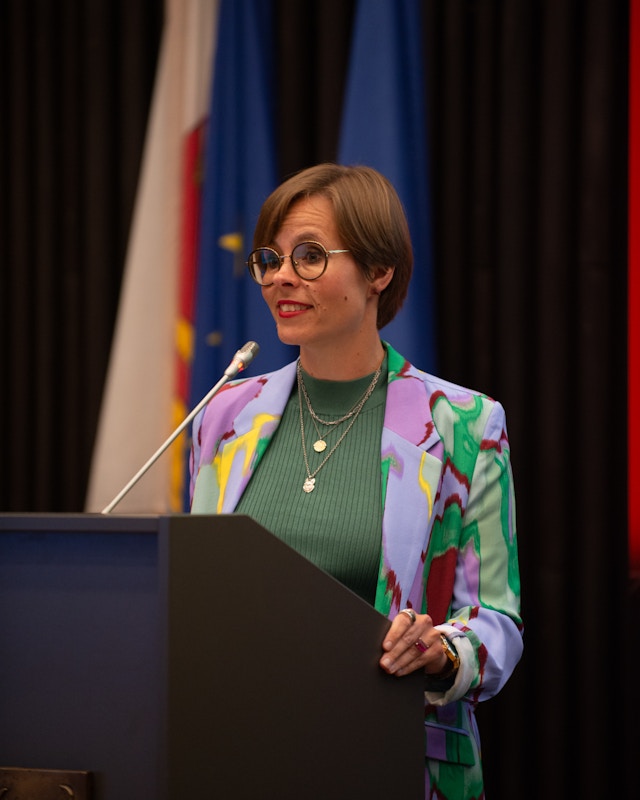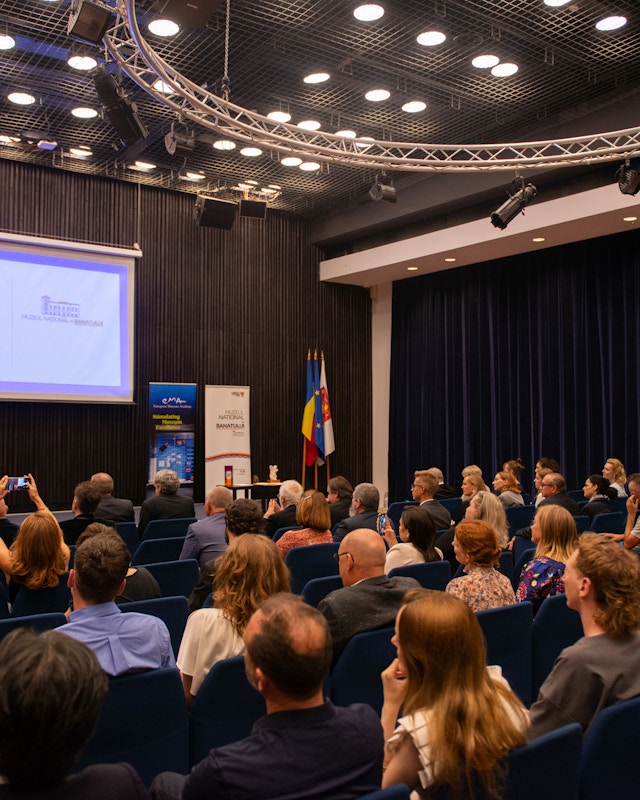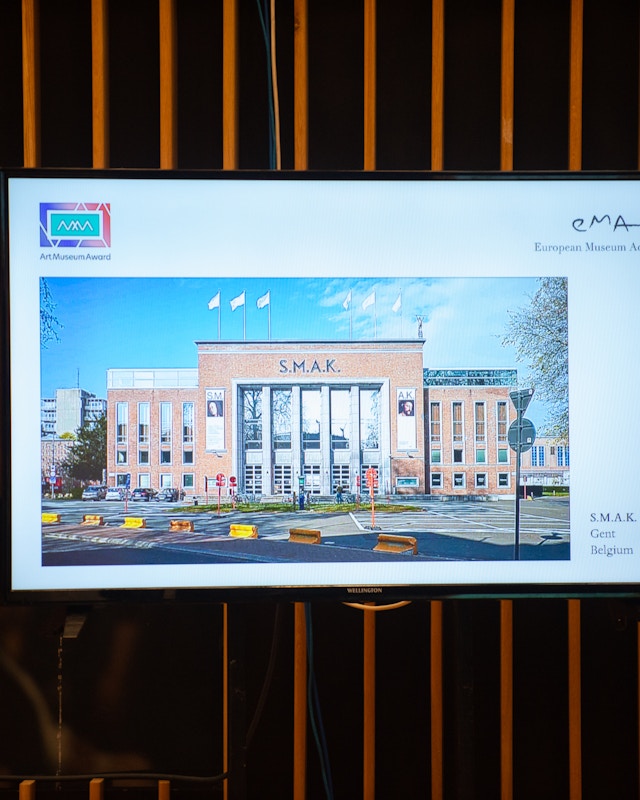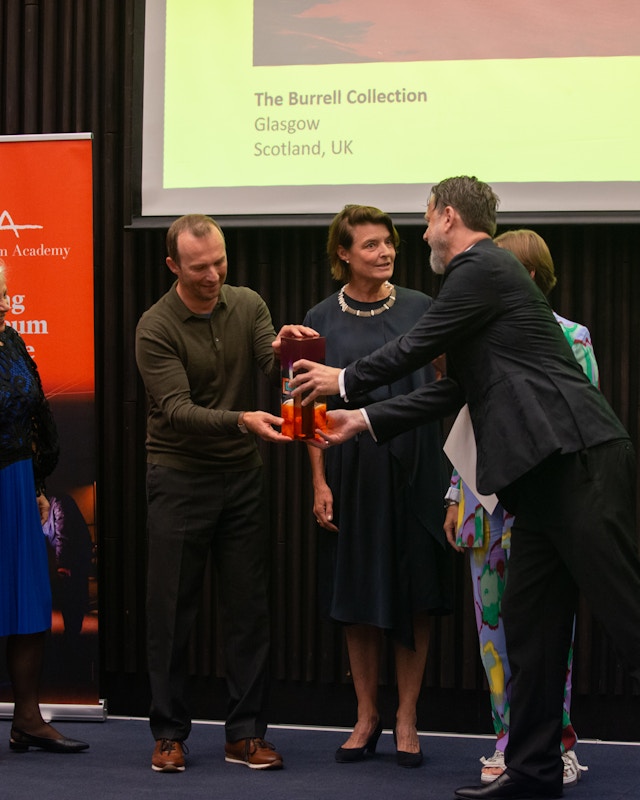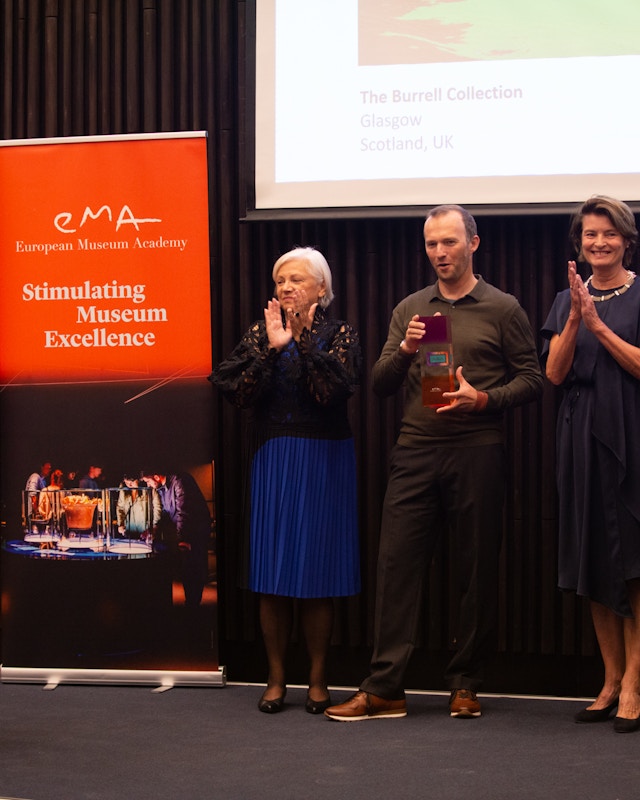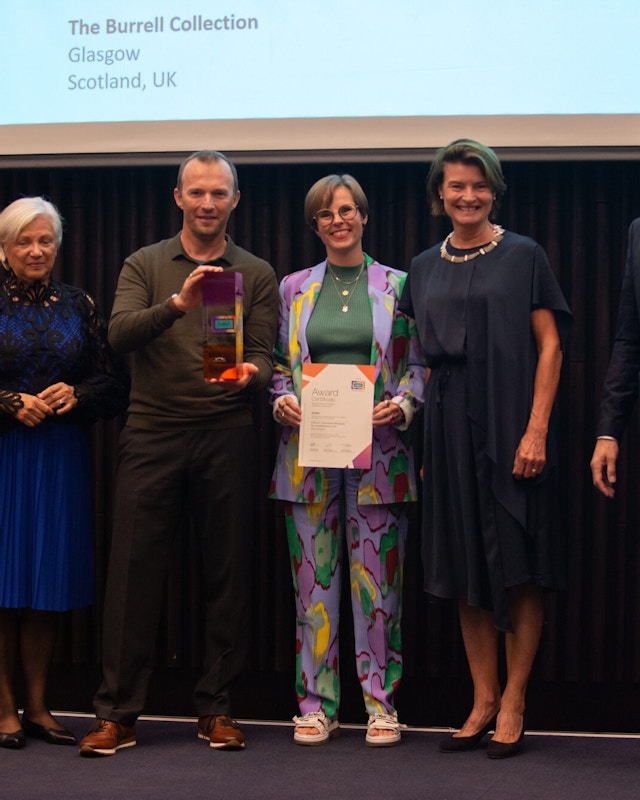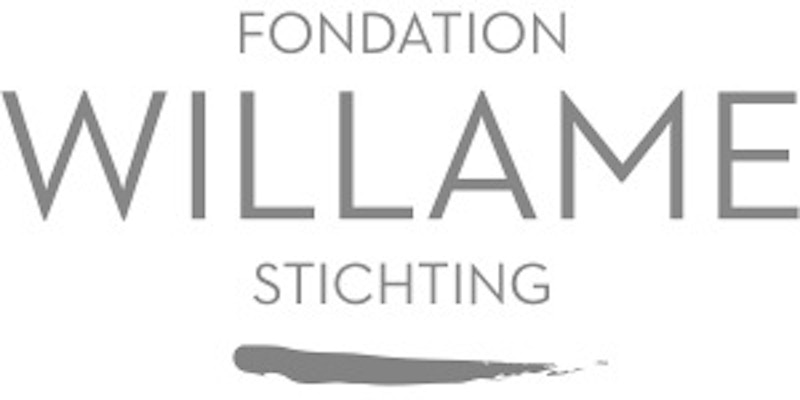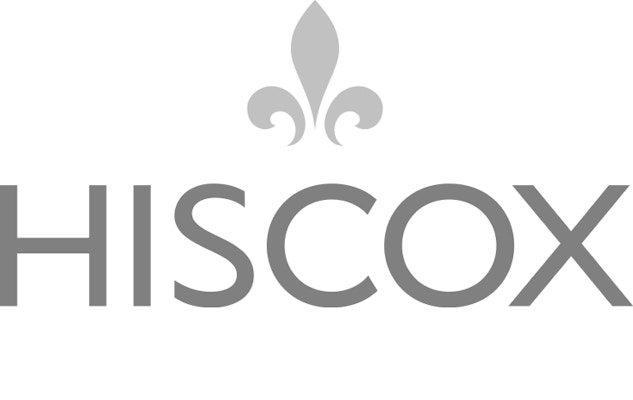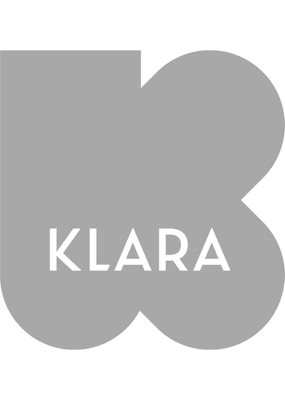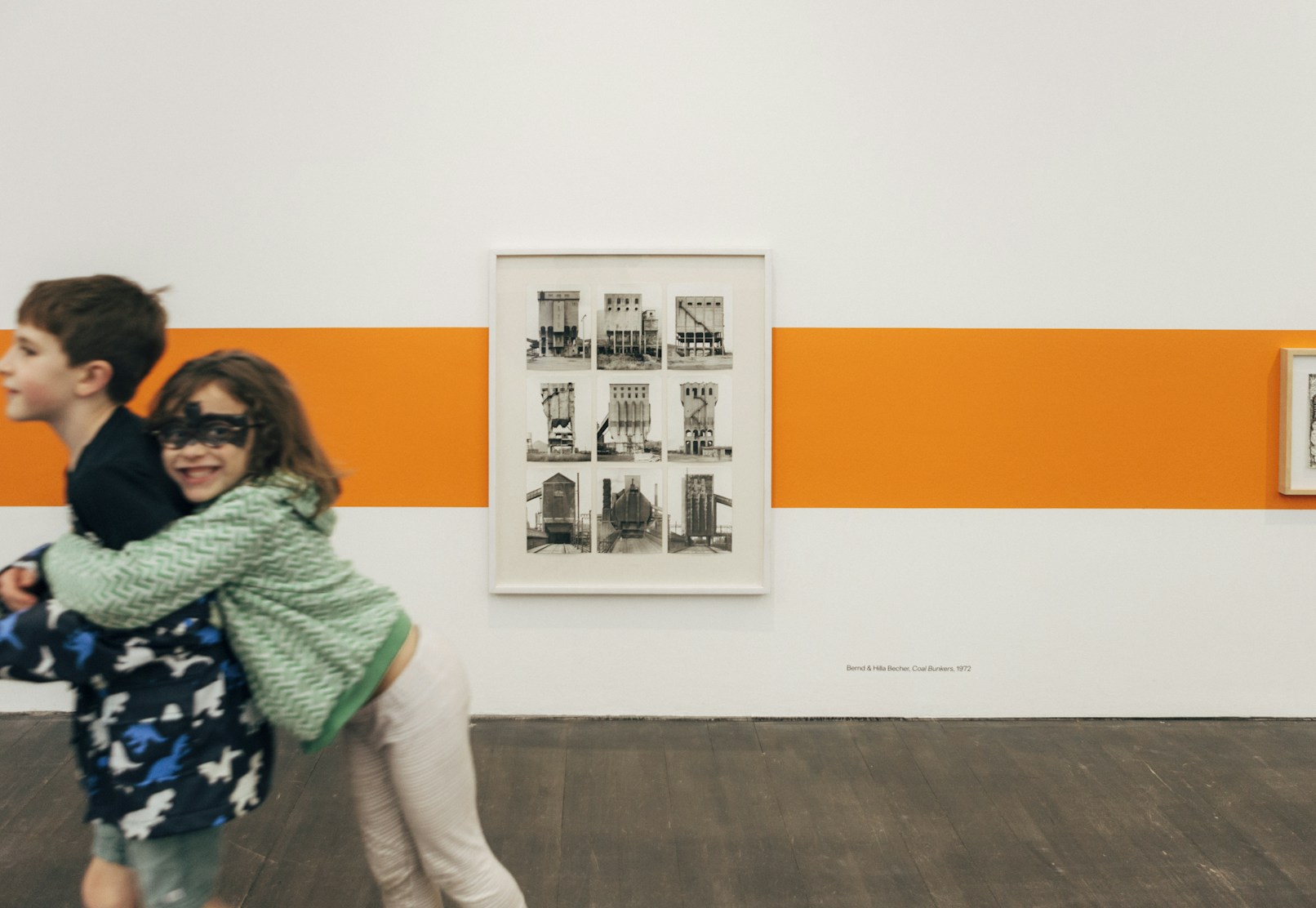
More than 400 children, young people and a group of curators aged between 13 and 16 thought of new ways to display the collection in a museum. During workshops, the very youngsters brought together artworks based on colour and association. The youngsters grouped the works around themes such as corona, refugees, self-image and social media. The result was a large collection exhibition on the entire top floor of the museum. It is unique in the museum world that these children and young people were given so much say. More than 100 works of art were hung in a sometimes unusual way, with an accompanying maze, beanbags and a laboratory.
Children and young people look at art in a different way: they often react more spontaneously, do not know the background of an artwork and provide a fresh perspective. This brought about a very different exhibition and many 'usual suspects' from the S.M.A.K. collection did not make the selection. Artistic director Philippe Van Cauteren, the permanent curators, the public relations team and production looked on admiringly and guided everything in the right direction.

The Art Museum Award is a European prize that focuses on the social role of art museums. The award honours museum projects that place art in an innovative, pioneering and creative context to address and respond to current social issues. This year's award ceremony took place in Timișoara, Romania.
The jury concluded:
"The Exhibition illustrates S.M.A.K.'s commitment to breaking down barriers, encouraging innovative thinking and showing that the process and results of arts engagement can be equally important and of high quality."
S.M.A.K. Moves
S.M.A.K. is committed to social impact through the S.M.A.K. Moves programme, which makes art accessible to diverse and often discriminated audiences, including people on the run, detainees and people with disabilities. In collaboration with various partners, the museum developed innovative methods to bridge the gap between art and audiences.
The Exhibition came about partly thanks to Engie.


